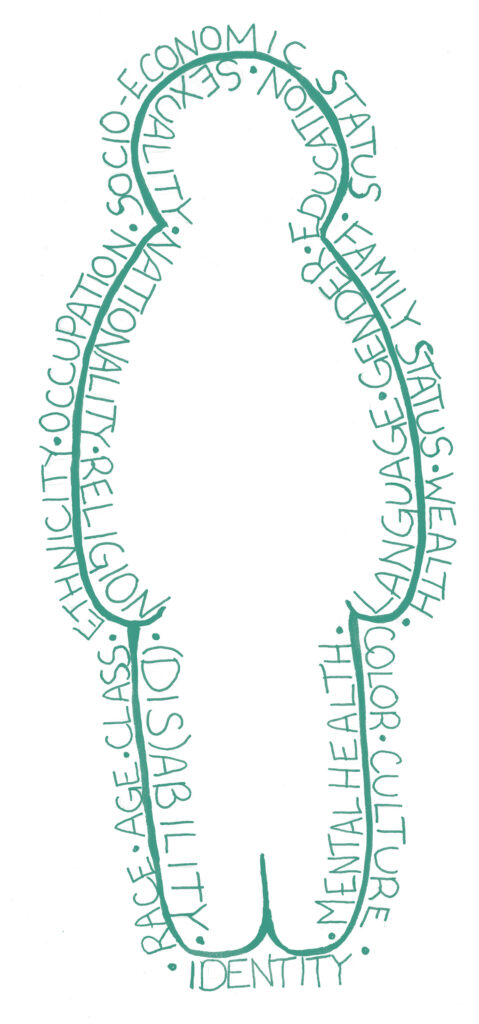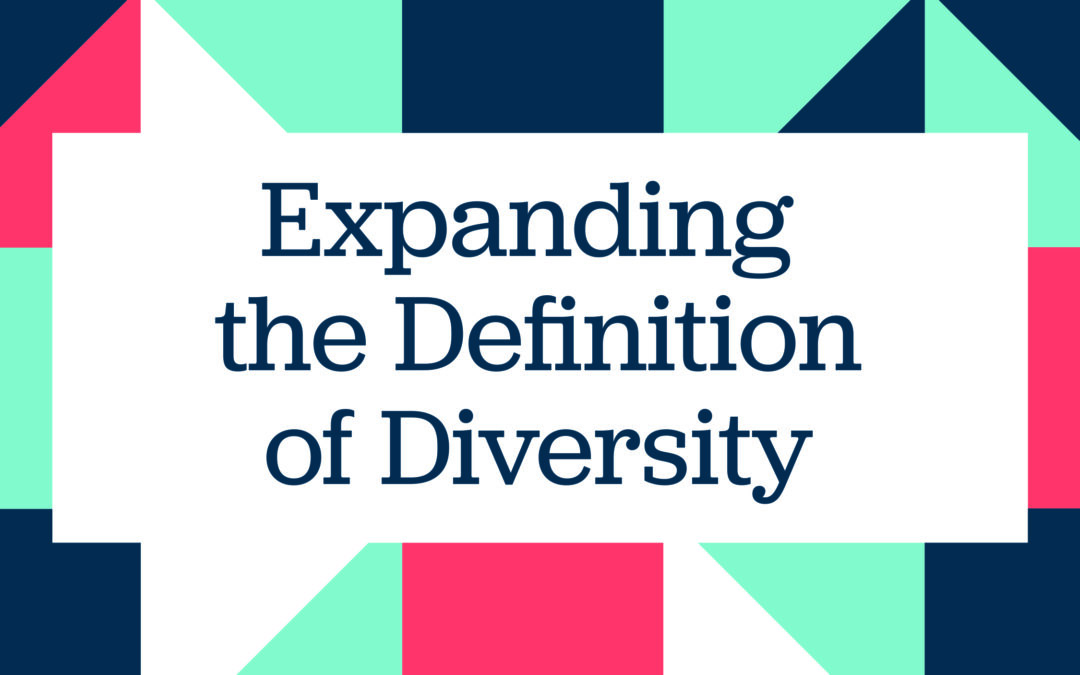by Adrienne Whisman, Philanthropic Services Associate
The most fundamental part of diversity, equity, and inclusion work is truly listening to what others have to say. Recognizing that each part of an individual’s identity influences them and knowing how to harness this worldview to create a more equal world, is hard but rewarding work. This perspective made it clear at the community foundation that diversity and inclusion needed to be more than just something we talk about—it needed to be one of our grant priority areas.
 “Diverse, equitable, and inclusive communities provide an opportunity for all to thrive,” said Holly Cole, Vice President of Grants & Program at the GHACF. “It is imperative that we promote and sustain a sense of belonging to all who work, live, and play within Northwest Ottawa County.”
“Diverse, equitable, and inclusive communities provide an opportunity for all to thrive,” said Holly Cole, Vice President of Grants & Program at the GHACF. “It is imperative that we promote and sustain a sense of belonging to all who work, live, and play within Northwest Ottawa County.”
Many people’s first thought when they hear the word diversity has something to do with race. With race relations as a constant nationwide conversation and at the forefront of our education, and therefore our understanding, it’s no wonder diversity and race tend to be synonymous within ourselves and popular culture.
Diversity can come from any part of a person’s identity. Race, gender, sexuality, socio-economic status, age, religion, education, disability, and so many others influence who we are and how others interact with us.
How can we truly work to better our community if we don’t take the time and effort to understand and work with the differences of our community? We can only truly know the world as we have lived it, but that doesn’t mean we can’t learn and internalize the lived experiences of others and therefore gain empathy and new perspectives.
My identity as Adrienne Whisman, a white, millennial woman with a degree in history and the humanities who is culturally Catholic, is inseparable from how I interact with others. I get irrationally angry when people say they don’t like history. My favorite show is Jeopardy! I’ve always known where my family comes from, since my ancestors came here more or less willingly. I never considered that people wouldn’t know their heritage until a classmate raised their hand during a family history assignment and asked, quite seriously, “What if I don’t know where my family was stolen from?”
It was then I realized that knowing that I’m Hungarian and French, with a side of German, really was a privilege. I could know myself and my family, know my heritage, in ways a lot of people today cannot.
I personally enjoy when I’m confronted with a differing perspective, since it reminds me that the world does not revolve around me. I loved helping ESL (English as a Second Language) students in my college’s writing center because their perspective on English was breathtakingly new. “English idioms make no sense, here’s what we say in Chinese.” And, truthfully, it was only after I had to explain why a certain grammatical rule was the way it was that I started to actually think about how weird and complex the English language is.
I feel this is true for all aspects of diversity. It’s only once we’re confronted by different views that we can reflect our own. And that’s a wonderful thing—for how else can we grow if we don’t allow ourselves room to question and change?
This is the idea behind the foundation’s commitment to promoting diversity and inclusion. Through this work, we have the opportunity to reflect on our own internal practices and assumptions, allowing us to perform better and more authentically as individuals and as a community. When we take the time to commit to change and understand why we believe what we believe, why we do what we do, we become stronger, better, and surer in ourselves and in others. We realize that no matter our differences, every human has worth and that everyone has the ability to promote change in our community, if given the chance and allowed a voice.
And this is the most important part of allowing more diversity and inclusion into not only our personal lives, but also our jobs and community. When we recognize other people’s worldviews as equal to our own, we begin to create a future that includes everyone’s perspective and therefore, everyone.
